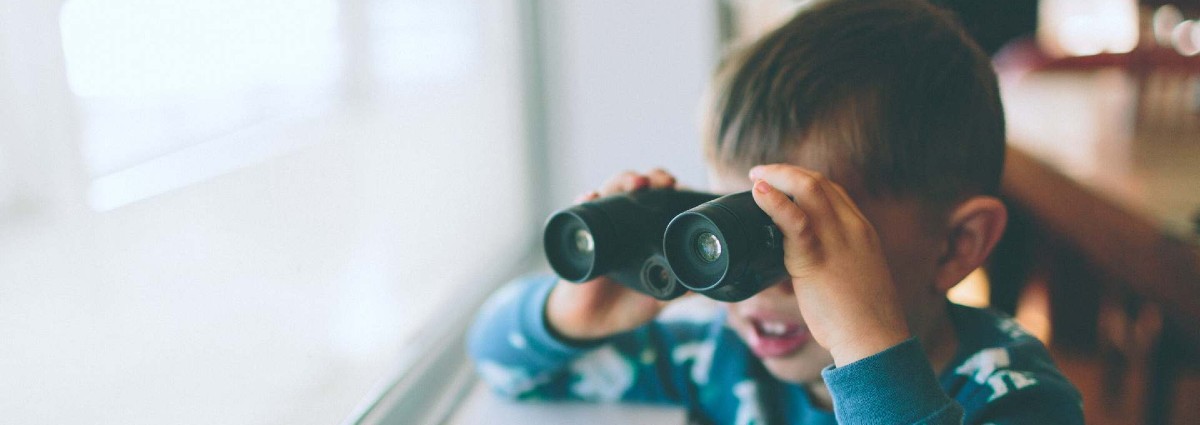What causes depression in children and young people?
Depression is a common mental health condition that affects people of all ages, including young people. In the UK, it's estimated that one in ten children and teenagers experience depression.
Treatment for young people with depression can be highly effective and usually involves a combination of talking therapy and learning techniques to improve mood, enhance functioning, and build coping skills. However, it's important to understand the underlying causes before effective support and treatment can be given.
Biological factors are thought to play a role in the development of depression in young people. Research has shown a genetic component to the condition, meaning that if a family member has depression, the risk of developing it is higher. Additionally, imbalances in the levels of neurotransmitters, such as serotonin and norepinephrine, which play a role in regulating mood, can also contribute to depression.
Psychological factors also play a significant role. Key life events such as loss, trauma, abuse, bullying, and stress have all been found to trigger depression, as can a history of anxiety or other mental health conditions.
Environmental factors can also contribute to the development of depression in young people. For example, social and family dynamics can impact mental health, as can living in poverty, experiencing homelessness, or growing up in a stressful or abusive environment.
Access to technology and social media can increase the risk of depression, particularly if the young person is exposed to cyberbullying or is spending excessive time on social media.
Depression can also develop as a result of a combination of these factors. However, it's also important to recognise that depression can present differently in young people than in adults.
Symptoms of depression in children and teenagers can include irritability, anger, loss of interest in activities, changes in appetite, difficulty sleeping, and a decreased ability to concentrate.
Early diagnosis and intervention are crucial
It's crucial to seek help if a young person shows signs of depression. The earlier treatment starts, the better the outcome is likely to be.
Treatment for depression in young people includes therapy, such as CBT, interpersonal therapy, and medication, such as antidepressants. The type of treatment recommended will depend on the young person's specific needs and symptoms.
If a young person is showing signs of depression, it is crucial to seek help, as early intervention can improve outcomes. A confidential call is the first step to getting a young person effective support that can make all the difference. Together, we can work to help a child overcome their depression and lead fulfilling lives.

